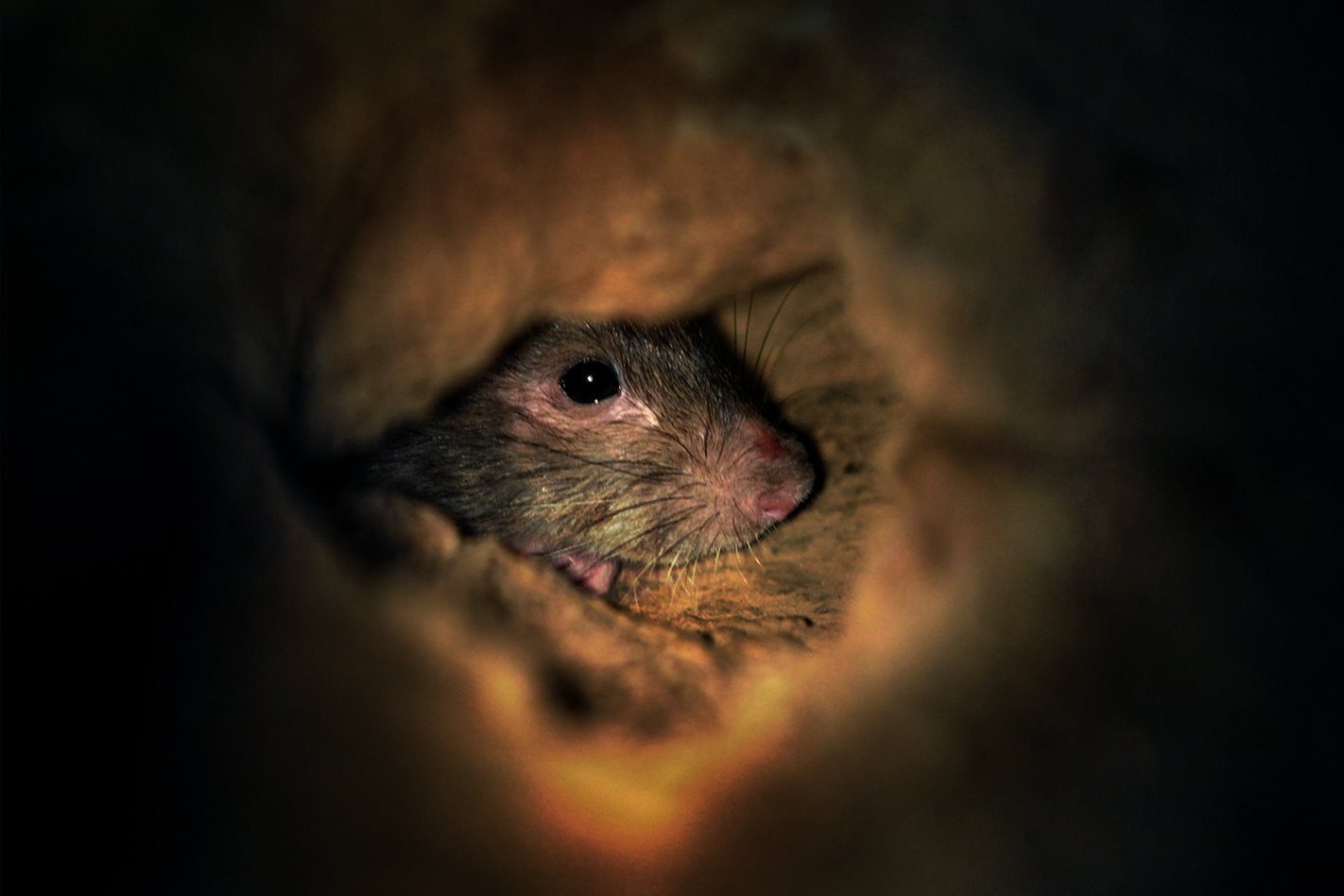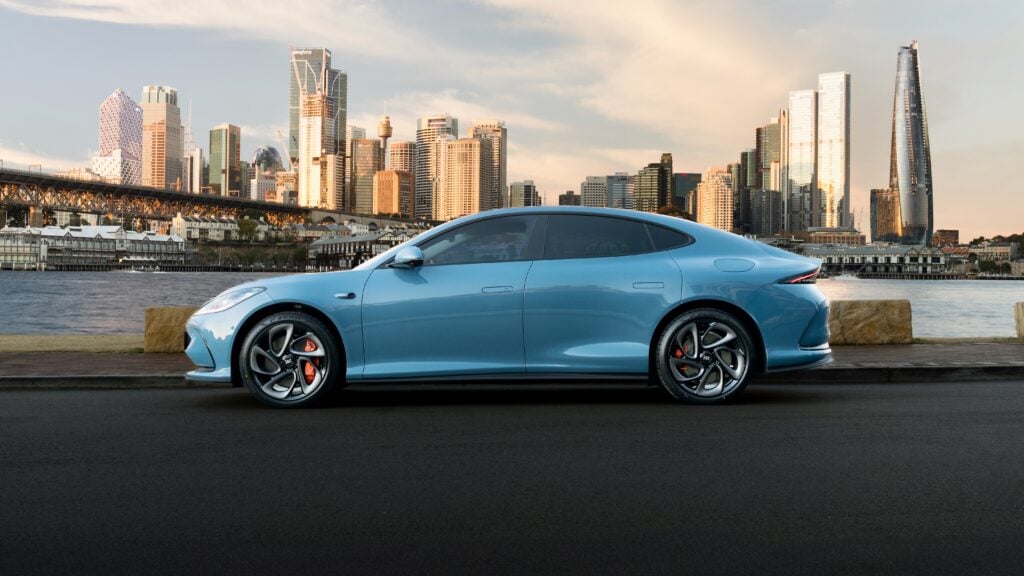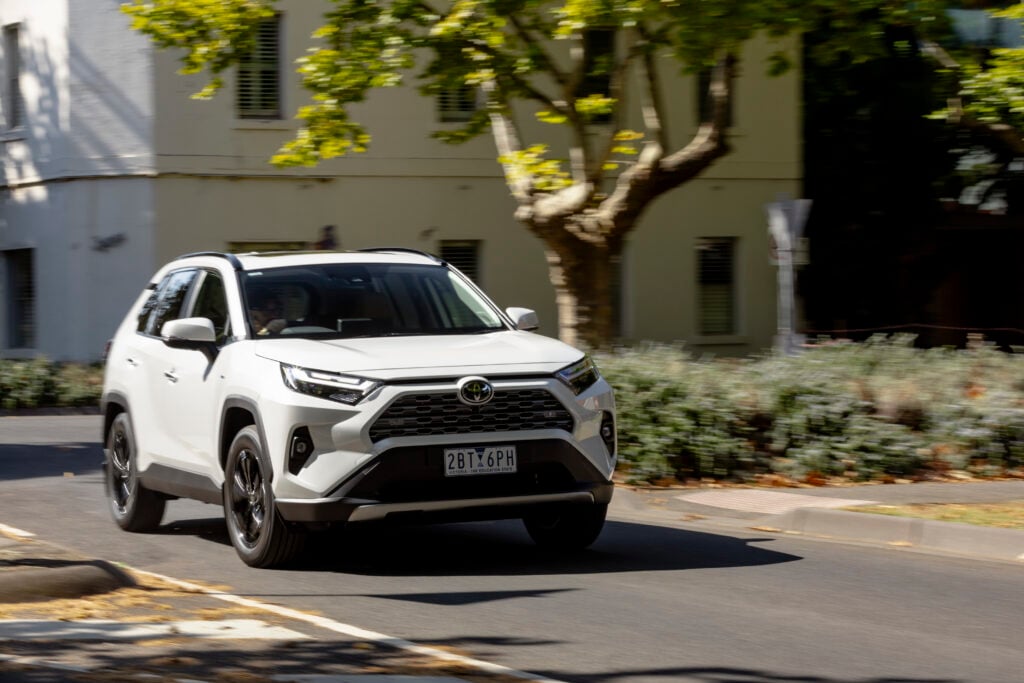
RATS and mice snacking on plastic bits of cars are responsible for about 200 insurance claims a year, a special investigation by WhichCar can reveal.
Statistics provided by insurance group Suncorp – the owner of car-related brands including AAMI, APIA and GIO – has revealed wayward rodents have consistently chewed through plastic parts on cars for the last five years.
And it appears their diet is quite varied, too.
Suncorp spokesman Michael Mills told WhichCar that in most instances where an animal had caused damage under the bonnet, it appeared rats were the ones responsible.
“Rats are the prime culprits,” Mills said. “They chew things and they like to nest under the bonnet.”
| What to do if your car is broken into
According to Mills, chewed wiring – where the animals strip the plastic insulation off the hundreds of wires that control modern car engines – was the most common cause of damage. However, other examples of damage include:
● Chewing the rubber around the rear tail shaft
● Eating through brake lines
● Chewing the plastic off spark plugs
● Chewing a hole in the windscreen washer water reservoir
● Chewing through the brake fluid reservoir
● Chewing radiator hoses and fuel lines
Mills said rats and mice would also sometimes get inside the car, and munch on seatbelts and upholstery.
Sometimes it was not until the owner had jumped in behind the wheel before they had noticed there was a problem.
“Customers have reported a wide range of symptoms including cars not starting, airbag warning lights and other warning lights going on, air conditioning not working property, brakes not working and vehicles unable to accelerate properly,” he said. One customer reportedly only found out that rats had attacked her brake hoses after the brakes failed and she crashed her car.
Mills said Suncorp encouraged car owners to regularly check over their vehicles “to ensure they are well maintained and in good condition”.
“These types of claims are more prevalent in the winter months, so keep a particular look out at when the temperature cools,” he said. “If the car is in a garage, ensure your garage is inspected whenever you have your home inspected for pests.”



